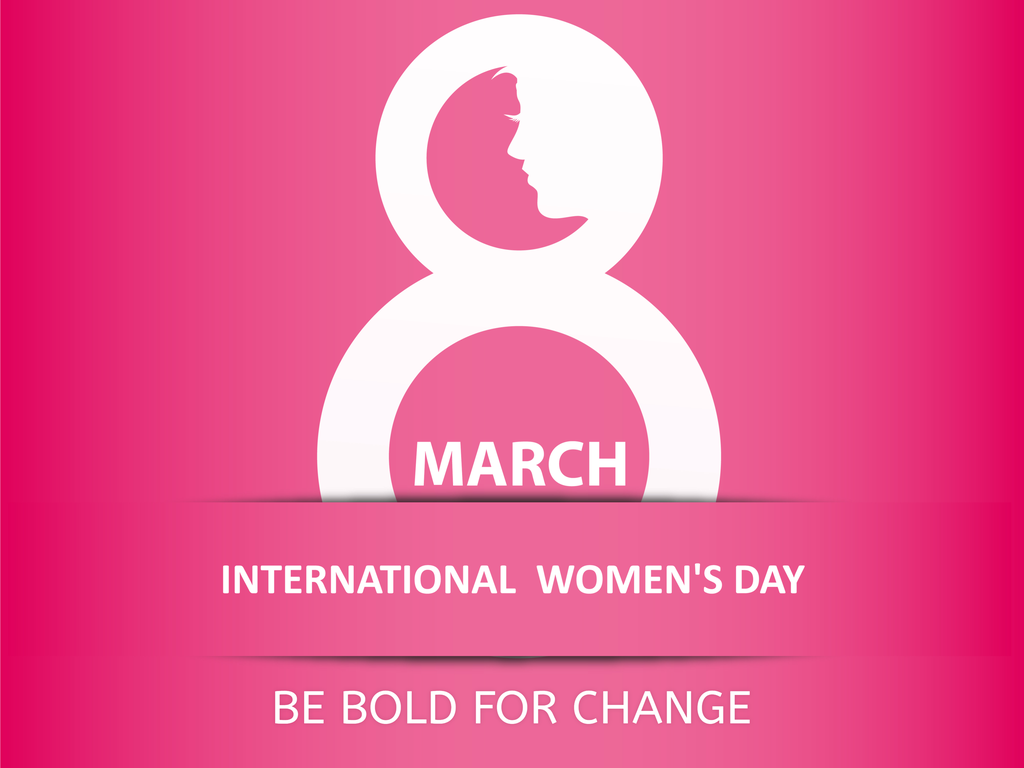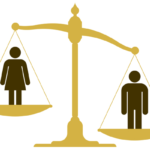As we celebrate the International Women’s Day (IWD) there is a need to take practical steps to implement a robust agenda that would address the inequality gap and lack of inclusivity affecting women in Nigeria.
This year’s event should go beyond lip service or the ceremonious affinity associated with the event and concrete actions taken to fully invest in women.
Investment in women should be made a top priority because no society can thrive on a scale of balance if a major population that makes up the society (such as women) are less empowered.
It is also common knowledge that the determination of functional societies with records of economic and social developments as recorded in advanced countries are found in domains with positive indicators of women empowerment. Currently, Nigerian women have been excluded in so many ways; most of which includes; poor enrollment level of females in schools. Statistics shows that the number of female enrollments in most states, especially in northern Nigeria compared to their male counterparts is abysmally low. Also, the governance indicators on political inclusion of women is unfavorably in-balanced. Despite the affirmative action to offer women 35% of political inclusion, a report published by PREMIUM TIMES reveals that the 10th assembly has only 3 women out of 109 senators and 14 Women out of 390 House of reps’ members which is below 5 per cent for both chambers.
- Failure to invest in women akin to killing development, nation – Akpabio
- NIGERIA DAILY: How Investing in Women Fuels Progress and Prosperity
On the part of the executive, the women represented in the cabinet of President Bola Ahmed Tinubu represent just 18.75% which is far less than the required 35% affirmative action. Coupled with this fact, is the health and well-being of Nigerian women, the maternal mortality rate of pregnant and nursing mothers has remained at an all-time low, putting women at risk of child bearing. Women in the informal sector have also suffered exclusion from government programs and policies despite the economic hardship experienced in Nigeria, most women in Nigeria are compelled to struggle for daily survival to support the running of the home.
The market women who sell vegetables and other household items have been totally excluded from any form of social security from the government, with major exclusion experienced in the health insurance sector.
The exclusion of women in the informal sector has led them to resort to alternative treatments that endangers their life and well- being. Having highlighted a few of the challenges, it is necessary that the government pay attention to the implementation of its policies on Women inclusion.
One of the major policies that addresses the above concern, which requires full implementation, is the National Gender Policy 2021-2026. Some key objectives of the policy aim to explore and fully harness Women’s human capital assets as a growth driver for national development through women’s economic empowerment. Advance women’s participation and representation in leadership and governance as well as support Women and Girl’s education, lifelong health, survival and sustainable development.
In conclusion, women should not be left out of the political space at all levels. Government must show strong commitment in the inclusion of women in all facets of governance by ensuring that the affirmative action on women serves as a strong basis for future appointments and elective positions in the country.
Victor Emejuiwe wrote from Abuja

 Join Daily Trust WhatsApp Community For Quick Access To News and Happenings Around You.
Join Daily Trust WhatsApp Community For Quick Access To News and Happenings Around You.

